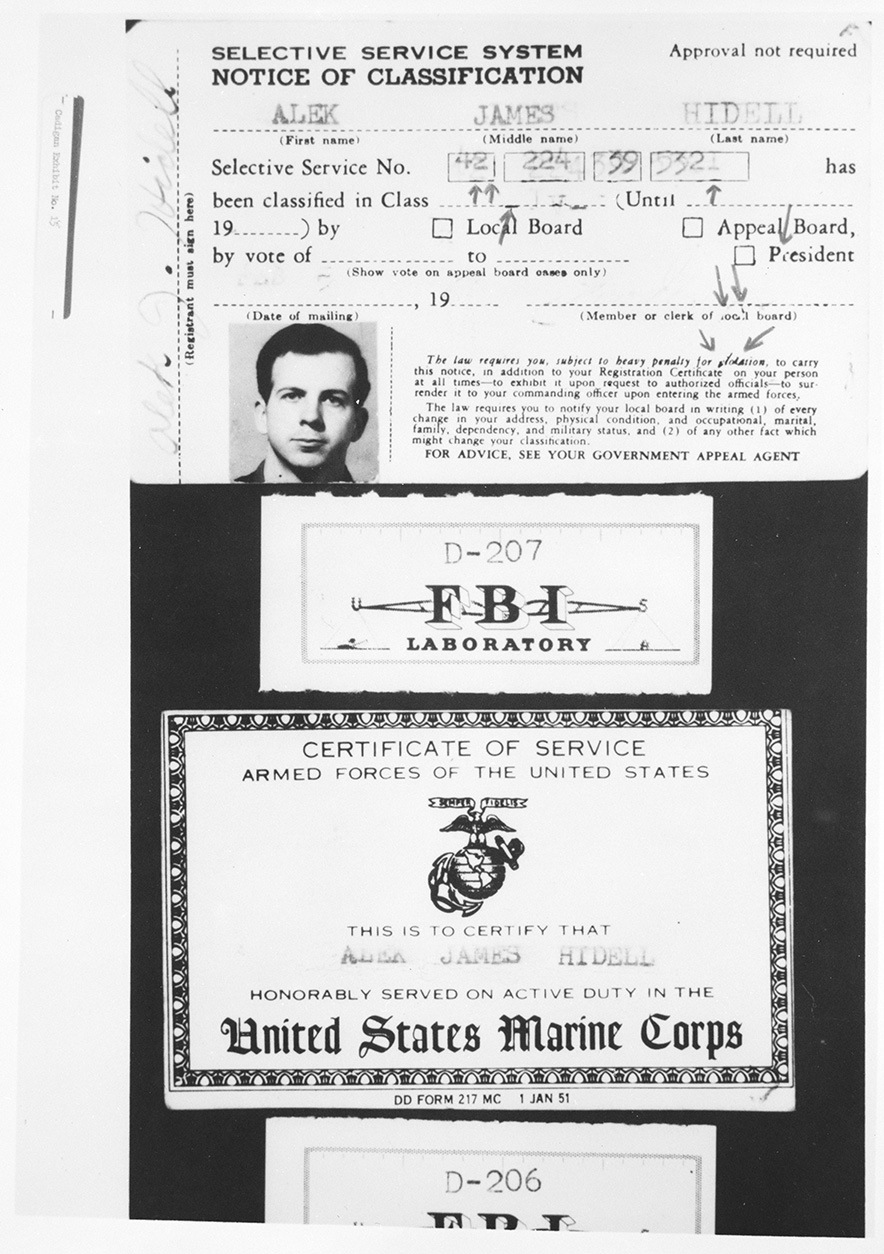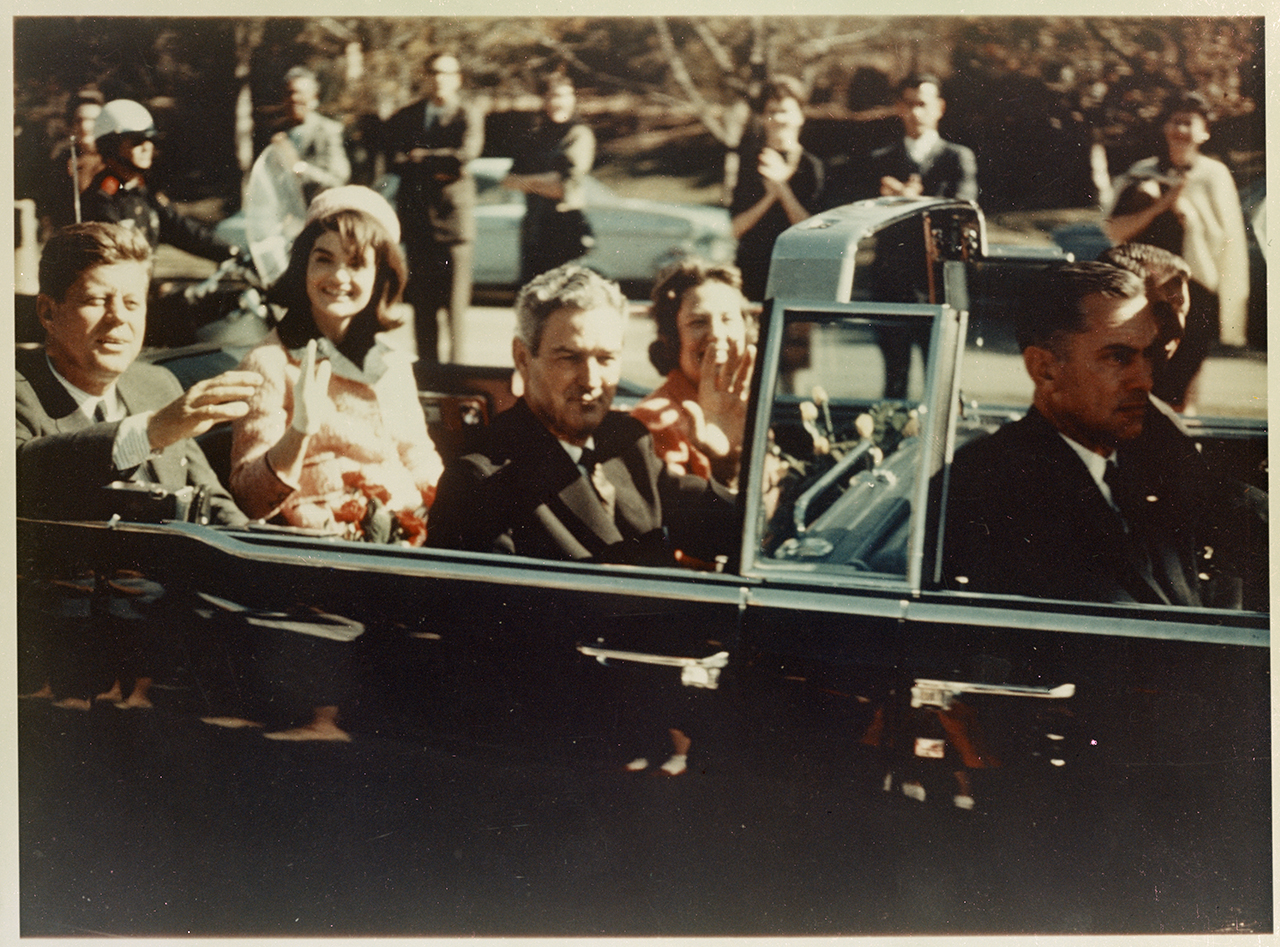National Archives JFK: Unlocking The Secrets Of A Presidential Legacy
When people talk about JFK, they’re not just talking about a president—they’re diving into one of the most fascinating chapters in American history. The National Archives JFK collection is like a treasure chest filled with documents, photos, and records that tell the story of John F. Kennedy’s life, presidency, and untimely death. It’s more than just paperwork; it’s a glimpse into a pivotal moment in time that shaped the nation.
Now, if you're anything like me, you probably have a million questions buzzing around in your head. What exactly is in these archives? Why are they so important? And how do they help us understand JFK’s legacy today? Well, buckle up, because we’re about to dive deep into the world of the National Archives JFK collection, where history meets mystery and everything in between.
Before we get into the nitty-gritty, let’s set the scene. JFK’s presidency wasn’t just about politics—it was about hope, change, and a vision for a brighter future. But his story didn’t end there. His assassination left the world reeling, and the National Archives JFK collection became a crucial resource for anyone trying to piece together what really happened. So, whether you're a history buff, a conspiracy theory enthusiast, or just curious about one of America’s most iconic figures, this article’s got you covered.
What Exactly Are the National Archives JFK?
The National Archives JFK is basically a massive repository of documents, photos, videos, and other materials related to John F. Kennedy. Think of it as a digital and physical library where everything about JFK’s life and presidency is stored. It’s not just for historians or researchers; it’s open to anyone who wants to explore the life and times of this legendary president.
But here’s the kicker—this collection isn’t just about JFK himself. It also includes tons of information about the Cold War, the Space Race, civil rights, and even the infamous assassination. It’s like a time capsule that gives us a front-row seat to some of the most important events in modern history.
Why Are These Archives So Important?
Let’s break it down. The National Archives JFK collection is important for a bunch of reasons. First off, it’s a treasure trove of primary sources. For historians, having access to original documents and records is like finding gold. It allows them to piece together the truth without relying on secondhand accounts.
Secondly, it’s a tool for transparency. The government has released thousands of documents related to JFK’s assassination, and while some are still classified, the ones that are available give us a clearer picture of what happened that fateful day in Dallas.
And last but not least, it’s a way for everyday people to connect with history. Whether you’re reading a letter JFK wrote to a friend or watching a video of his famous speeches, the archives make history feel alive and personal.
Biography of John F. Kennedy: The Man Behind the Myth
Before we dive deeper into the archives, let’s take a moment to talk about the man himself. John F. Kennedy, or JFK as he’s commonly known, was the 35th President of the United States. He served from January 20, 1961, until his tragic assassination on November 22, 1963. But JFK wasn’t just a president—he was a symbol of hope and change for an entire generation.
Here’s a quick rundown of his life:
- Born on May 29, 1917, in Brookline, Massachusetts.
- Served in the U.S. Navy during World War II, where he became a war hero.
- Entered politics in 1946, serving in the House of Representatives and later the Senate.
- Married Jacqueline Bouvier in 1953, and they had two children, Caroline and John Jr.
- Won the presidency in 1960, becoming the youngest person ever elected to the office.
But there’s so much more to JFK than just the highlights. Here’s a table with some key details about his life:
| Full Name | John Fitzgerald Kennedy |
|---|---|
| Birth Date | May 29, 1917 |
| Death Date | November 22, 1963 |
| Spouse | Jacqueline Bouvier Kennedy |
| Children | Caroline Kennedy, John F. Kennedy Jr., and Patrick Bouvier Kennedy |
| Presidential Term | January 20, 1961 – November 22, 1963 |
Key Moments in JFK’s Presidency
Now that we’ve got the basics down, let’s talk about some of the most important moments from JFK’s presidency. These events didn’t just shape his legacy—they shaped the world:
- The Cuban Missile Crisis: In 1962, JFK faced one of the most dangerous moments in Cold War history when the U.S. discovered Soviet missiles in Cuba. Through careful negotiation, he managed to avoid a nuclear war.
- The Space Race: JFK set the ambitious goal of landing a man on the moon by the end of the 1960s. Spoiler alert—he was right on the money.
- Civil Rights: JFK was a vocal supporter of civil rights, advocating for equality and justice for all Americans. His efforts laid the groundwork for future progress.
Exploring the National Archives JFK Collection
Alright, now that we know who JFK was and why he’s so important, let’s get into the archives themselves. The National Archives JFK collection is massive, with millions of documents, photos, and videos available for public viewing. But where do you even start?
Here are a few tips for navigating the archives:
- Use the Search Function: Whether you’re looking for a specific document or just browsing, the search function is your best friend. You can filter by date, type of document, and even keyword.
- Check Out the Featured Collections: The archives have curated collections that focus on specific topics, like JFK’s assassination or the Cuban Missile Crisis. These are great if you want to dive deep into a particular subject.
- Don’t Forget the Multimedia: While documents are important, don’t overlook the photos and videos. They can give you a more personal connection to the events and people involved.
Top 5 Must-See Items in the Archives
With so much to explore, it can be overwhelming. Here are five items you definitely don’t want to miss:
- JFK’s Inaugural Address: Listen to JFK’s famous speech where he challenged Americans to “ask not what your country can do for you—ask what you can do for your country.”
- The Zapruder Film: This is the infamous home movie that captured JFK’s assassination in real-time. It’s a haunting reminder of that tragic day.
- Letters from Citizens: JFK received thousands of letters from people all over the world. Reading them gives you a sense of how much he meant to so many people.
- Secret Service Records: These documents provide a behind-the-scenes look at JFK’s security detail and the measures taken to protect him.
- Investigation Reports: The Warren Commission Report and other investigation documents offer insights into the official findings about JFK’s assassination.
Unraveling JFK’s Assassination: What the Archives Reveal
Let’s face it—JFK’s assassination is one of the most debated topics in history. Conspiracy theories abound, and while the National Archives JFK collection doesn’t have all the answers, it does provide a wealth of information that helps us piece together what really happened.
Here’s what we know for sure:
- On November 22, 1963, JFK was riding in a motorcade through Dallas when he was shot.
- Lee Harvey Oswald was arrested and charged with the assassination, but he was killed by Jack Ruby before he could stand trial.
- The Warren Commission concluded that Oswald acted alone, but many people remain skeptical.
But the archives also contain thousands of documents that were initially classified, and while many have been released, some are still under lock and key. Why? That’s a question that continues to fuel speculation and debate.
What’s Still Classified?
As of 2023, there are still a few documents related to JFK’s assassination that remain classified. Some people believe they hold the key to unraveling the mystery, while others think they’re just bureaucratic red tape. Either way, the fact that they’re still secret adds to the intrigue.
Here’s what we do know: the government has promised to release all remaining documents by 2029, unless national security concerns prevent it. So, we’ll just have to wait and see what gets revealed.
Why Should You Care About the National Archives JFK?
Now, you might be wondering why any of this matters. After all, JFK’s been gone for over 50 years. But here’s the thing—his legacy continues to shape our world today. Whether it’s through his vision for space exploration, his commitment to civil rights, or his efforts to prevent nuclear war, JFK’s impact is still felt in so many ways.
And the National Archives JFK collection isn’t just about history—it’s about understanding where we came from and where we’re going. By studying the past, we can learn valuable lessons that help us navigate the challenges of the present and future.
How Can You Get Involved?
If you’re inspired by what you’ve learned, there are plenty of ways to get involved. You can:
- Visit the National Archives website and explore the JFK collection for yourself.
- Support organizations that promote transparency and historical preservation.
- Engage in discussions about JFK’s legacy and the lessons we can learn from his presidency.
The Future of the National Archives JFK
As technology continues to evolve, so does the way we access and interact with historical records. The National Archives is constantly working to digitize its collections and make them more accessible to the public. This means that in the future, you’ll be able to explore even more of JFK’s story from the comfort of your own home.
But it’s not just about convenience—it’s about preserving history for future generations. By digitizing these records, we ensure that JFK’s legacy will continue to inspire and educate people for years to come.
What’s Next?
While we don’t have a crystal ball, it’s safe to say that the National Archives JFK collection will continue to grow and evolve. As more documents are declassified and new technologies emerge, we’ll have even more opportunities to learn about this fascinating period in history.
Conclusion: JFK’s Legacy Lives On
So, there you have it—a deep dive into the world of the National Archives JFK collection. From JFK’s presidency to his untimely death, this collection offers a window into one of the most fascinating periods in American history.
But the real takeaway is this: JFK’s legacy isn’t just about what happened in the past—it’s about how it shapes our present and future. By exploring the archives, we can gain a deeper understanding of the man, the president, and the impact he had on the world.
So, what’s next? Why not head over to the National Archives website and start exploring for yourself? And if you found this article helpful, don’t forget to share it with your friends and family. Together, we can keep JFK’s legacy alive and inspire the next generation of history enthusiasts.
Table of Contents:
- What Exactly Are the National Archives JFK?
- Why Are These Archives So Important?
- Biography of John F. Kennedy: The Man Behind the Myth
- Key Moments in JFK’s Presidency
- Exploring the National Archives JFK Collection
- Top 5 Must-See Items in the Archives
John F Kennedy: The Charismatic Leader Who Shaped History
NYT Connections Hint: Your Ultimate Guide To Mastering The Puzzle
Unveiling The Secrets: JFK Documents And The Truth Behind The Curtain

US National Archives Washington D.C. DC

JFK Assassination Records Collection Finding Aids National Archives

The President John F. Kennedy Assassination Records Collection